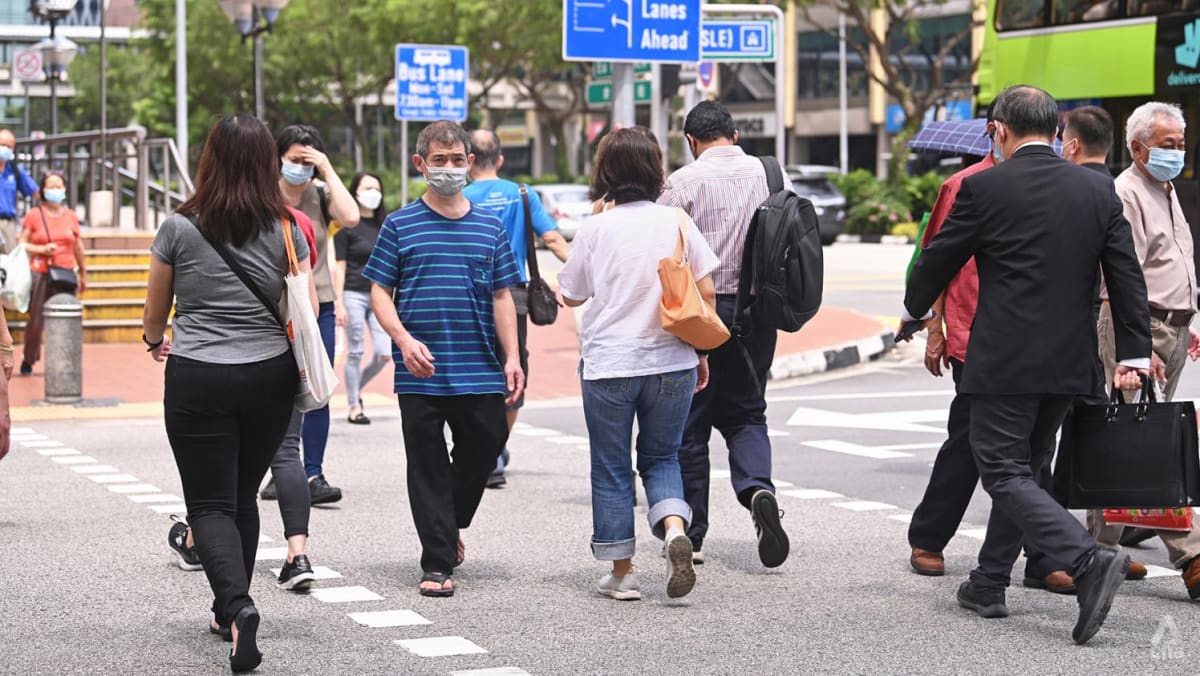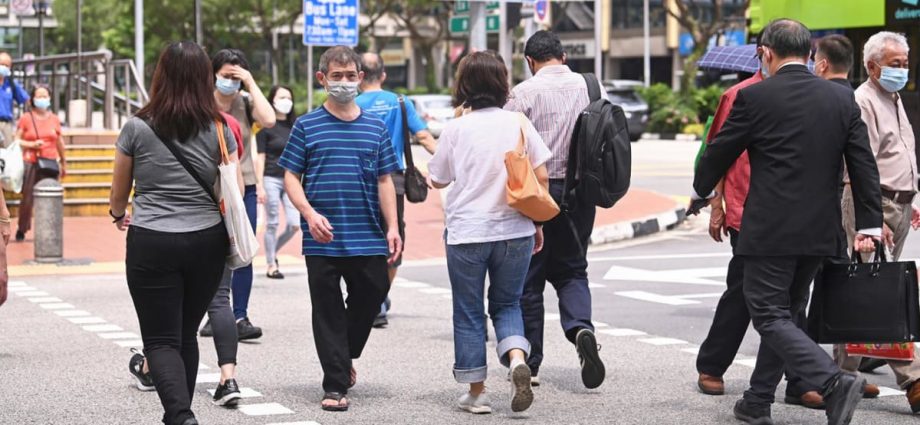
REMOVAL OF COVID-19 PROTOCOLS
MOH also said it would stand down, from Feb 13, Protocols 1-2-3 – which determine what individuals should do if they are unwell or test positive for COVID-19.
Under a new general advisory, medically vulnerable persons that have Acute Respiratory Infection (ARI) symptoms, as well as persons with severe, prolonged or worsening ARI symptoms, should see a doctor.
Those with mild ARI symptoms should stay at home until symptoms resolve.
If there is a need to go out while symptomatic, or if asymptomatic but positive for COVID-19, individuals should exercise social responsibility by minimising social interactions, wearing a mask and avoiding crowded places, said MOH.
The ministry also announced the stepping down of contact tracing tool TraceTogether (TT) and the SafeEntry (SE) digital check-in system.
Members of the public can uninstall their TraceTogether App, and companies may do the same for the SafeEntry (Business) App.
A TraceTogether token return exercise will take place from Feb 13 to Mar 12, and members of the public can return their tokens at counters at all 108 Community Clubs or Centres (CCs).
“Over the past few months, as the pandemic situation stabilised, the Government has progressively stepped down TT and SE,” said MOH.
“We no longer require infected persons to submit TT data, SE data is no longer being collected, and MOH has deleted all identifiable TT and SE data from its servers and databases.”
At the same time, MOH said it was “useful” to keep both systems ready for reactivation in the event that new, more dangerous variants of concern emerge. For this purpose, registration details such as names and mobile numbers will be retained in the system, said the ministry.

